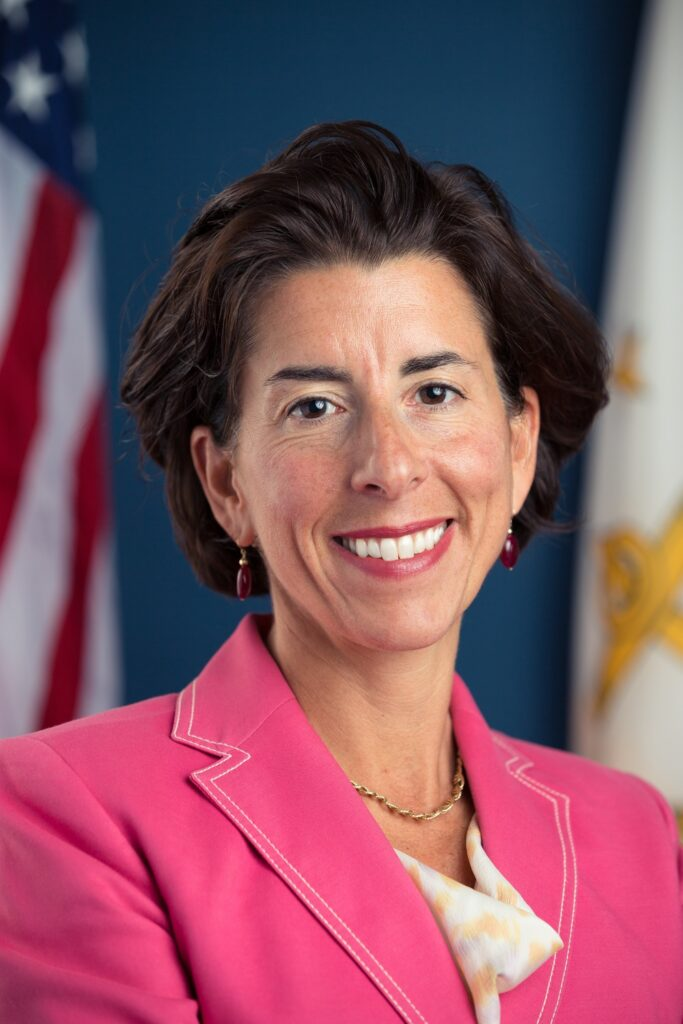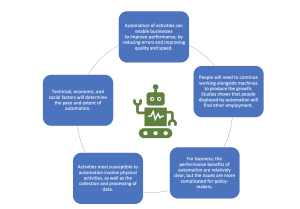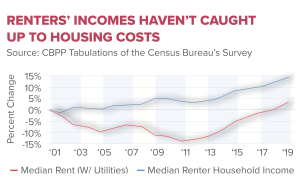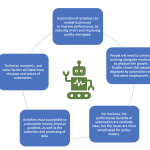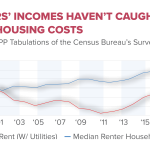Gina Raimondo has emerged as a pivotal figure in American politics, particularly during her tenure as U.S. Commerce Secretary under the Biden administration. Known for her innovative policies on supply chain management and a significant push for minimum wage increases, Raimondo’s decisions have shaped the political and economic landscape. With a background as the former governor of Rhode Island, she implemented transformative initiatives that included tax cuts and free community college. Her commitment to addressing the unique challenges faced by everyday Americans highlights her dedication to ensuring fairness in both politics and the economy. As she navigates the complexities of national infrastructure and competitiveness, Gina Raimondo’s impact continues to resonate, making her a key player in the ongoing discourse surrounding government policy and economic reform.
In the realm of U.S. governance, the influence of Gina Raimondo is unmistakable, particularly as she has navigated the intricacies of governmental policy during her role as Commerce Secretary. Her approach to tackling issues such as supply chain complexities and advocating for wage reforms showcases her focus on creating an equitable economic environment. Throughout her political career, Raimondo has emphasized the importance of understanding the intricate dynamics of the economy while advancing the administration’s key initiatives. By fostering relationships with global partners, she has contributed significantly to national efforts aimed at enhancing infrastructure and competitiveness. Her blend of practical reform and hands-on approach to governance positions Raimondo as a leading voice in today’s evolving political landscape.
Gina Raimondo’s Vision for Economic Change
Gina Raimondo’s approach to economic transformation is rooted in a fundamental belief that progress often necessitates significant change. During her time as the Governor of Rhode Island, she enacted a series of reforms that aimed to stimulate both growth and opportunity. By cutting taxes annually, increasing the minimum wage, and making community college accessible without tuition fees, Raimondo exemplified how targeted policy decisions can uplift both individual households and the broader economy. These measures not only contributed to economic recovery but also ensured that vulnerable populations benefitted from economic expansion.
Moreover, Gina Raimondo’s philosophy highlights the importance of fairness in governance. She advocates for policies that do not merely benefit those already at an advantage but rather lift up the entire community, ensuring that every worker can partake in the economic prosperity of their state. Her dedication to creating opportunities reflects her own background as someone who witnessed the struggles of working-class families. This commitment is a driving force behind her political journey and her tenure in the Biden administration, where she has influenced significant economic legislation.
Frequently Asked Questions
What are Gina Raimondo’s key policies as Commerce Secretary during the Biden administration?
As Commerce Secretary under President Biden, Gina Raimondo focused on revitalizing the economy through strategic policies that included promoting supply chain management, the CHIPs and Science Act to support domestic semiconductor manufacturing, and advocating for a minimum wage increase. Raimondo’s initiatives aimed to ensure fair economic opportunities while enhancing national security through robust supply chains.
How did Gina Raimondo contribute to supply chain management amidst COVID-19?
Gina Raimondo played a crucial role in supply chain management during the COVID-19 pandemic by developing detailed spreadsheets to understand critical supply chains affected by the crisis. Under her leadership, the Biden administration established international relations to strengthen supply lines, particularly in pharmaceuticals, ensuring that essential goods were available and reducing dependency on foreign manufacturers.
What was Gina Raimondo’s stance on minimum wage increases?
Gina Raimondo has consistently advocated for increasing the minimum wage as a part of her broader policies aimed at supporting working families. During her tenure as Rhode Island governor, she raised the minimum wage, which she viewed as a necessary step to ensure fair compensation for workers and to uphold the American Dream for all citizens.
How did Gina Raimondo respond to the criticisms of the Biden administration’s stimulus act?
Gina Raimondo defended the Biden administration’s stimulus act against criticisms of causing inflation, citing her experience as Rhode Island’s governor during COVID-19. She emphasized the importance of the stimulus in preventing unemployment from spiraling out of control, suggesting that without adequate support, the economic recovery would have been much slower and more painful for working Americans.
What initiatives did Gina Raimondo promote to enhance U.S. competitiveness?
To enhance U.S. competitiveness, Gina Raimondo championed initiatives like the CHIPs and Science Act, which aims to bolster domestic semiconductor production and technological innovation. Her policies focused on creating jobs, fostering international partnerships, and ensuring that the U.S. could compete effectively in emerging markets, particularly in technology and manufacturing.
What does Gina Raimondo believe about the relationship between economic policies and social programs?
Gina Raimondo believes that economic policies should include social programs to address labor market needs. She contended that companies seeking government assistance need to access a diverse workforce, which requires support systems such as childcare. This holistic approach reflects her commitment to marrying economic growth with social responsibility.
How did Gina Raimondo’s background influence her political career?
Gina Raimondo’s political career was significantly influenced by her upbringing in an immigrant family that emphasized hard work and community. Inspired by her family’s values and concerns for the ‘little guy,’ Raimondo became motivated to engage in politics to advocate for equitable opportunities and tackle the economic challenges facing everyday Americans.
| Key Point | Details |
|---|---|
| Breaking Things for Positive Change | Gina Raimondo believes that to implement positive changes, you may have to ‘break things’, ensuring you do not hurt people in the process. |
| Impactful Policies in Rhode Island | During her tenure, Raimondo cut taxes, raised the minimum wage, made community college tuition-free, and reduced state regulations by 30%. |
| Focus on Community and Fairness | Raimondo emphasizes fairness and opportunity for regular Americans, motivated by her family background and understanding of the American Dream. |
| Supply Chain Management During COVID | As Commerce Secretary, she tackled supply chain issues by collaborating with other countries and managing critical supply chain data. |
| CHIPs and Science Act | Raimondo played a key role in passing legislation to boost domestic semiconductor production, vital for national security. |
| Fiscal Responsibility and Private Investment | She emphasized the importance of leveraging private-sector investment, achieving $13 of private investment for every dollar spent by the government. |
| Challenges and Compromises in Politics | Raimondo acknowledged the difficulties of bipartisan cooperation, especially in a tightly divided Congress, while still achieving significant legislative outcomes. |
| Defending Biden’s Stimulus Act | She argued for the necessity of the stimulus during the pandemic to prevent high unemployment, despite criticism about inflation. |
| Labor Market Programs | Raimondo stressed the integration of social programs with economic initiatives, highlighting the need for childcare support to attract women into the workforce. |
Summary
Gina Raimondo has showcased her commitment to fostering change and fair opportunities for Americans through her innovative policies and leadership. Her career reflects a dedication to reinventing political norms, advocating for practical solutions, and meeting pressing national needs. As she continues to shape the economic landscape, Raimondo’s vision could inspire future leaders to prioritize both progress and compassion in governance.
